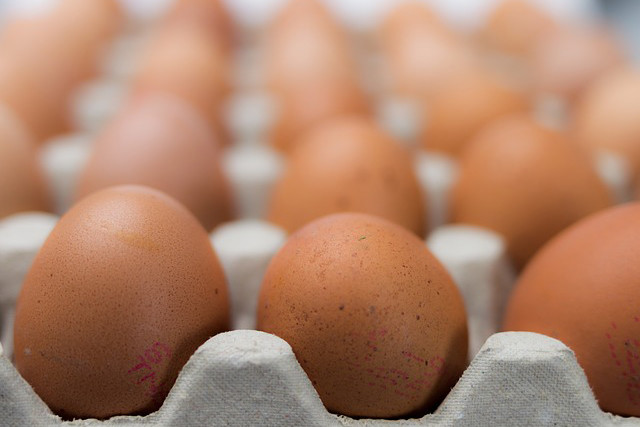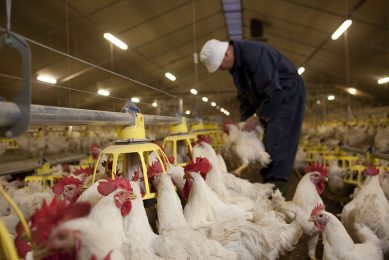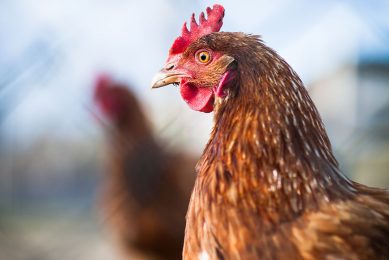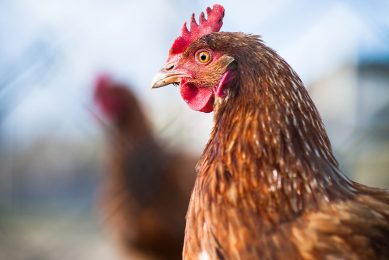Belgian-Dutch Fipronil scandal expands

The Dutch food and product safety board has locked down more than 20 egg farms, because they are suspected of using an illegal insecticide called Fipronil to control red mite.
Latest estimates from the government agency are that 200 farms are involved, but in what scope is not yet known. Earlier, after the first alarms went off in Belgium, 4 Dutch farms tested positive for residues in eggs above the maximum residue limit of 0,005 mg/kg. Although there is no immediate danger to public health, farms that produce eggs above the threshold cannot go on the market. Some experts expect that traces of the insecticide can stay in the abdominal fat of the layers for up to 8 month, rendering them worthless.
Cause of the contamination
As the scandal unfolds, more and more details are surfacing on the cause of the contamination. Most of the farms had their houses and/or birds treated by a Dutch firm called Chickfriend. This company bought a product from a Belgian company. The owner of a pest control company in the Belgian Ravels-Weelde is suspected of having added Fipronil to an authorised drug for red mite control and then resold this mixture. The company would have added Fipronil to the product Dega-16. Dega-16 is a natural product consisting of menthol and eucalyptus, which is used to control red mite in laying hens and is –by itself- safe, even for human consumption.
The Belgian government started the investigation after an egg processor in the Belgian town of Sint-Niklaas reported to the Federal Food Safety Authority (FAVV) that it had found Fipronil in eggs. After further research the Belgian authorities informed the European food safety warning system RASFF, because they had leads that the eggs were being exported to France, Germany, Italy and Poland. This, in turn, alerted the Dutch officials to start to look into the matter.












